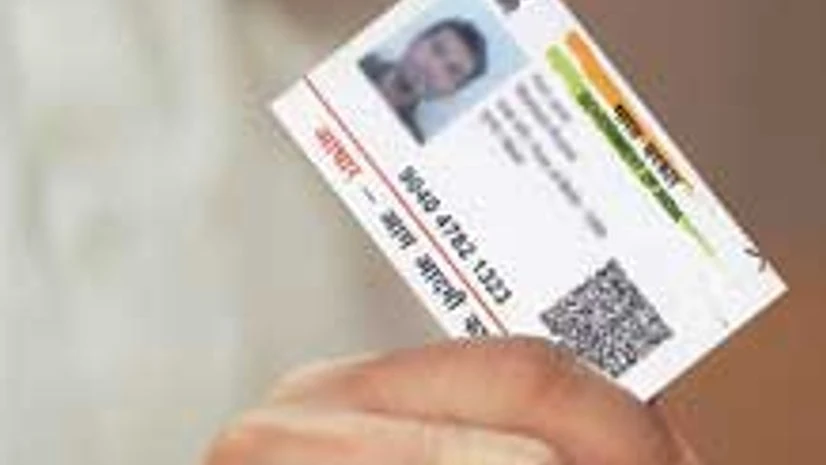It was one of the biggest projects undertaken by the United Progressive Alliance government in its second term, but the idea to give a unique identity number to every resident of the country is embroiled in controversy.
The government launched the unique identity, or Aadhaar, project in 2009 and appointed former Infosys chief and co-founder Nandan Nilekani to head it. Under Nilekani, the Unique Identification Authority of India (UIDAI) promised to give Aadhaar numbers to 600 million Indians by 2014. And the UIDAI did meet its target one week before Nilekani stepped down as its chief. However, there are many challenges the project faces as it scales up and moves to the next level.
The government launched cash transfers in late 2012 with an eye on the 2014 general elections as the idea of transferring subsidies directly into the Aadhaar-linked bank accounts of beneficiaries seemed promising. However, the government hurried through the scheme, which required a complete re-engineering of welfare delivery, severely challenging its implementation.
Also Read
The government spends over Rs 3,00,000 crore every year on social welfare and a significant portion of it is diverted. Cash transfers promised to fix the leakages and were turning out to be one of the biggest uses for the Aadhaar number.
However, the government's decision in February to put in abeyance cash transfers for the cooking gas subsidy in the wake of ground-level implementation challenges was a big setback. The cooking gas subsidy was the showpiece of the Aadhaar-based payment system, covering 291 of the 640 districts in India. According to government statistics, 17 million consumers had received Rs 3,000 crore as cash subsidy for cooking gas by the the end of January.
Cash transfers were launched in January last year for 26 government welfare schemes. The cooking gas project was rolled out in June and scaled up gradually. It already constitutes between 80 per cent and 90 per cent of all cash transfers. The scheme is not being pushed by the government after the Supreme Court ruled Aadhaar could not be made mandatory for availing government services.
To be sure, the UIDAI has done remarkably well when it comes to meeting its enrolment target: it has already crossed the 600 million mark - a goal it had set for itself when it first started out. Moreover, the Cabinet has also expanded the mandate of the UIDAI to enroll more than 600 million people. Over 60 million bank accounts have been seeded with Aadhaar already, and over 100 agencies are using it for authentication services. This is expected to rise further.
The Reserve Bank of India has also recently asked banks to put in place the infrastructure required to ensure that Aadhaar-based biometrics can be used for authentication of card transactions. After an initial resistance, banks have largely accepted Aadhaar as proof of identity and address, and some have also begun to launch applications based on its payment gateway and authentication services.
However, one of the biggest roadblocks for Aadhaar is the petition in court questioning the rationale for making it mandatory for government services. This has turned into an argument on the need for a unique identity number, with the very fundamentals of the project being questioned in the Supreme Court. Moreover, the UID Bill, which gives the project statutory backing, is yet to be cleared by Parliament. Another piece of legislation, which is required to douse the privacy concerns pertaining to the project, the Privacy Bill, seems like a distant reality, too. The Bill, which would have addressed issues such as misuse of information collected for the UIDAI by third-party agencies, is pending approval.
And the implications of it are already being felt. In a case of a gang rape in Goa, a court there had asked the UIDAI to share biometric data of residents in the state. The UIDAI moved the Bombay High Court against it, but it did not prevent the sharing of Aadhaar details with the Central Bureau of Investigation.
Finally, on March 24, the Supreme Court directed the Centre not to share Aadhaar details with any agency without the consent of the holder. It also asked the government to immediately withdraw all orders that had made Aadhaar compulsory for registration of marriage or property or availing of the subsidy on cooking gas cylinders or any other service.

)
